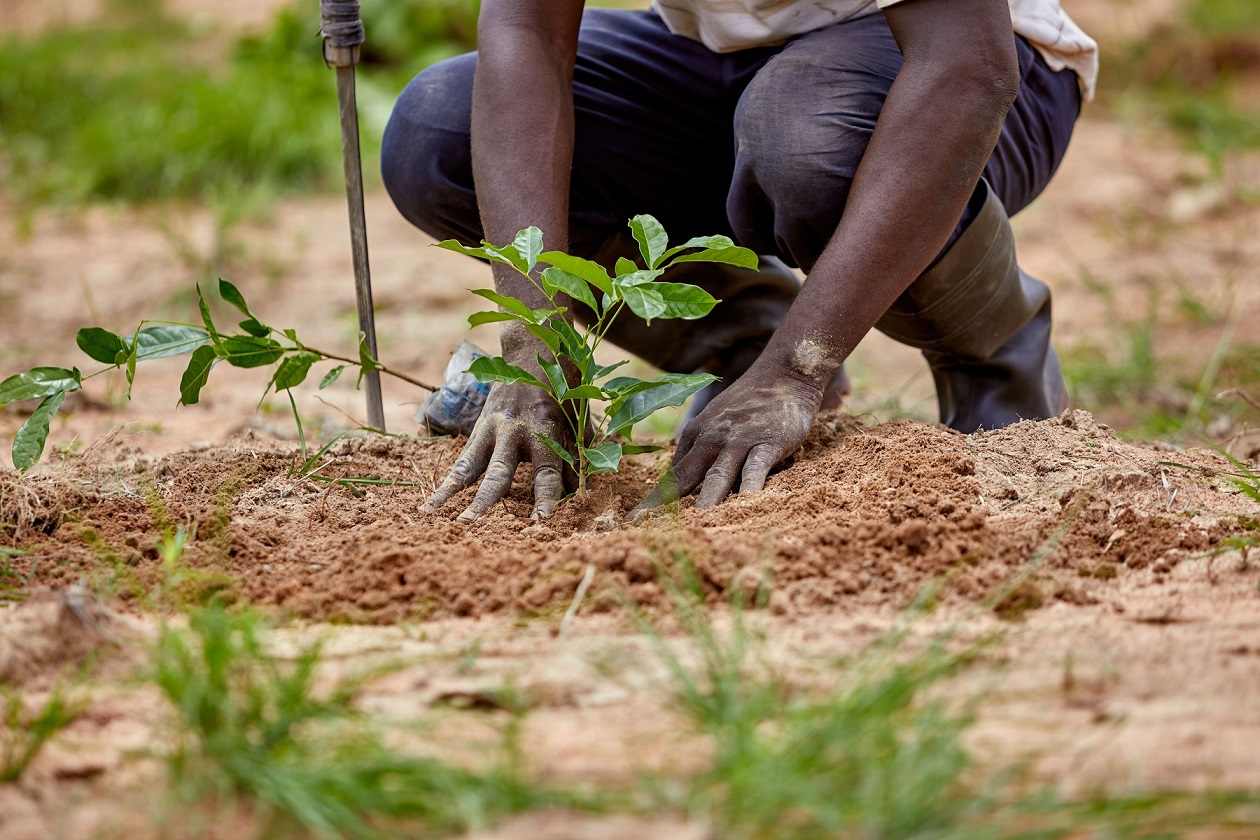Experts Warn UK of Tree Mortality

By Ojugbele Omotunde
Researchers have warned that disease, bad weather, wildfires, and other factors will cause a “catastrophic ecosystem collapse” in UK woods within the next 50 years, resulting in widespread tree mortality.
A group of forty-two academics assembled the report, which was published in the journal Forestry, after consulting with one thousand specialists. The findings are “sobering and alarming,” according to the lead author, Dr. Eleanor Tew, who is also a visiting researcher at the University of Cambridge and the head of forest planning at Forestry England.
Numerous risks that scientists have alerted us to are already having an impact on forests and woods. Up to 80% of the ash trees in the UK will perish from the fungus known as ash dieback. Winter storms in 2021 decimated about 30,000 acres (12,000 hectares) of British forest. Climate projections indicate that there is a likelihood of increased frequency and severity of storms, heatwaves, droughts, and floods.
Tew stated, “The issue arises when you have multiple, interconnected threats occurring at the same time as all of those things.” “That merely overwhelms the forest, causing the forest ecosystem to collapse and trees to essentially die… that significantly affects civilization and has a huge impact on the landscape.
In the UK’s woodlands, a catastrophic ecosystem collapse is not certain nor is it happening just yet. Tew called the study a “call for action” and stated, “We do have time to make a difference, and there is a lot we can do to make our forests more resilient.”
Increasing the variety of tree species within a wood, planting trees of varying ages, encouraging natural regeneration, and controlling deer populations are some solutions. By reporting potential tree diseases and pests via the online Tree Alert service, everyone may contribute. In order to prevent the spread of illness, Tew advised people to make sure their boots are clean before entering a new forest.
A collapse of the forest ecosystem would have long-term effects on human enjoyment, water retention, reduced air quality, carbon sequestration, and wood loss. In some places of Europe, there has already been ecological collapse within forests: storms, drought and bark beetle outbreaks in Germany have devastated the equivalent of 250,000 football fields of forest.
All of this is frequently exacerbated by management practices that concentrate trees of the same age and species in forests, increasing their vulnerability.
By 2025, the government intends to have planted 30,000 hectares of forest annually, double the amount currently being planted. With only 13% of its total land covered by trees, the UK is among the least wooded countries in Europe. Only 7% of the native woodland in the UK was in good condition, according to a 2021 assessment from the Woodland Trust.
The article highlights additional issues that forests face, such as the growing frequency of droughts and floods and the consequent conflict between human requirements for water for homes and farms and the use of water for trees. It is predicted that hotter summers and wetter winters would make forest management more difficult.
The study concluded that anticipating the effects of tree viruses and safeguarding the soil were equally important.
Not engaged in the study, Dr. Elena Cantarello of Bournemouth University stated that her own recent research in south-west England “comes to similar conclusions.” “The majority of the ecosystem services and biodiversity variables we studied also identified catastrophic forest ecosystem collapse, which was identified in Tew’s [paper] as the most highly ranked issue,” the speaker continued.
